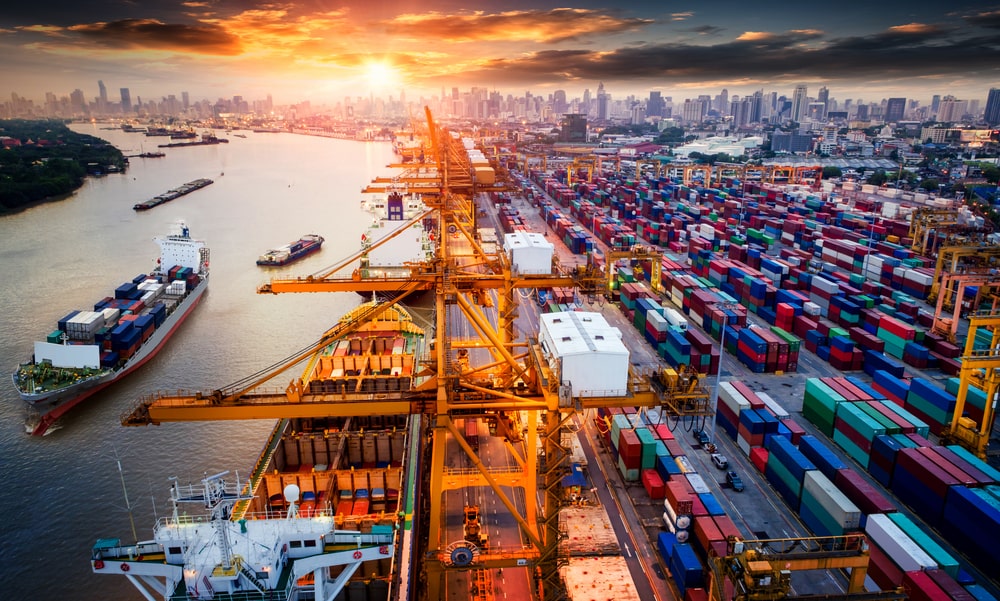
The Guardian reports that a supply crunch affecting production of luxury cars and PlayStations has mutated into a crisis impacting the energy, labour and transport sectors globally.
Post-pandemic consumer demand is the cause, threatening a “stagflationary wind” that could sink the global economy.
Mohamed El-Erian, and adviser to the insurance giant Allianz and president of Queens’ College, Cambridge, says this week’s surprise fall in factory output in China was a clear warning that the world economy could slump while prices were still rising quickly.
“The supply chain problems are much more persistent than most policymakers expected, although companies are less surprised,” he said. “Governments are having to rethink quickly because the three elements – supply side, transport, labour – are coming together to blow a stagflationary wind through the global economy.”
Energy shortages are providing the starkest illustration of the problem. Both the UK and China alike have been cut off by not having enough reserves in the scramble for natural gas and for oil. The price for these commodities has almost doubled in 12 months to nearly $80 a barrel.
The Guardian notes that along with ongoing Covid-related restrictions in some large manufacturing countries such as Vietnam, and a well-documented shortage of components such as computer chips, factories are simply not producing enough.
British car production has also fallen 27% due to a lack of semiconductors, which has resulted in a drop in vehicles exported to Australia, the US and China. Volkswagen, Ford and Opel maker Stellantis announced fresh temporary closures in Germany as chips get chopped out of the supply chain.
Against this backdrop it is costing more to ship things. Drewry’s shipping index, which measures the cost of containers, is up 291% compared with a year ago. The cost of shipping a container has risen sixfold in the past year on the busiest routes from China to Rotterdam. A rudimentary knowledge of economics will tell you that higher demand + restricted supply = inflation. This equation is a simple formula for connected exposures across multiple insurance classes and sectors.
Richard Flax, the chief investment officer at digital wealth manager Moneyfarm, said the crisis was already prompting a rethink by policymakers and business leaders.
“Large corporates and governments are reviewing their supply chains for crucial goods, with a mind towards security of supply as well as cost. We would expect to see supply chains in some sectors shorten as a response to Covid, either via reshoring, or as companies try to diversify their sources of supply.”
Russell’s methodology of providing insight, analysis and action points to a data led approach to solving the equation.

Related Articles
Corporate risk
Corporate risk
Corporate risk